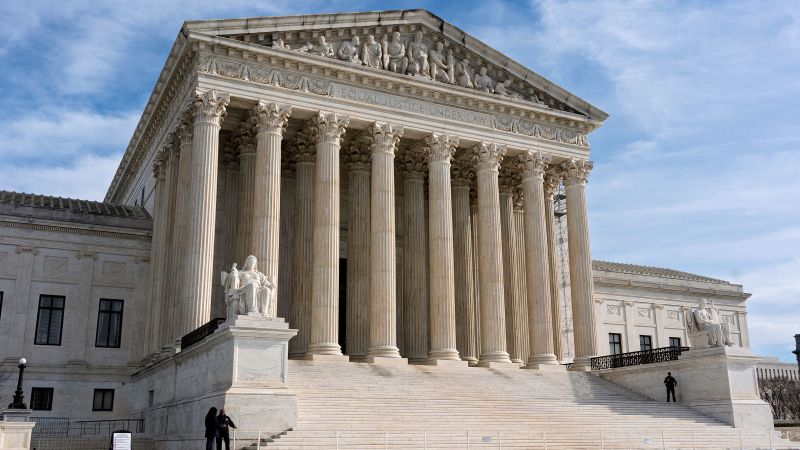The Supreme Court’s unanimous decision in the case of National Rifle Association of America v. Vullo has had a significant impact on recent legal battles involving government power and free speech rights. Following the Court’s ruling, federal judges have cited the case in various rulings, particularly in cases challenging President Trump’s actions against perceived political adversaries and elite institutions.
The NRA case centered around allegations of government coercion against insurance companies to sever ties with the NRA. The Court’s decision has been instrumental in striking down executive orders targeting law firms that represented Trump’s opponents. Lower courts have applied key First Amendment principles, emphasizing that government officials cannot use their power to punish or suppress disfavored expression.
Judges referenced Justice Sotomayor’s assertion that government discrimination based on a speaker’s viewpoint is harmful to democracy. The rulings highlighted the unconstitutional nature of executive orders seeking to retaliate against firms for their legal work. The impact of the Vullo case has been evident in cases involving Trump’s attempts to pressure private entities and individuals.
Overall, the legal landscape reflects a pushback against government coercion and a commitment to upholding free speech rights. The application of the NRA decision serves as a powerful tool in defending against retribution campaigns, emphasizing the importance of protecting First Amendment principles in politically charged disputes.

